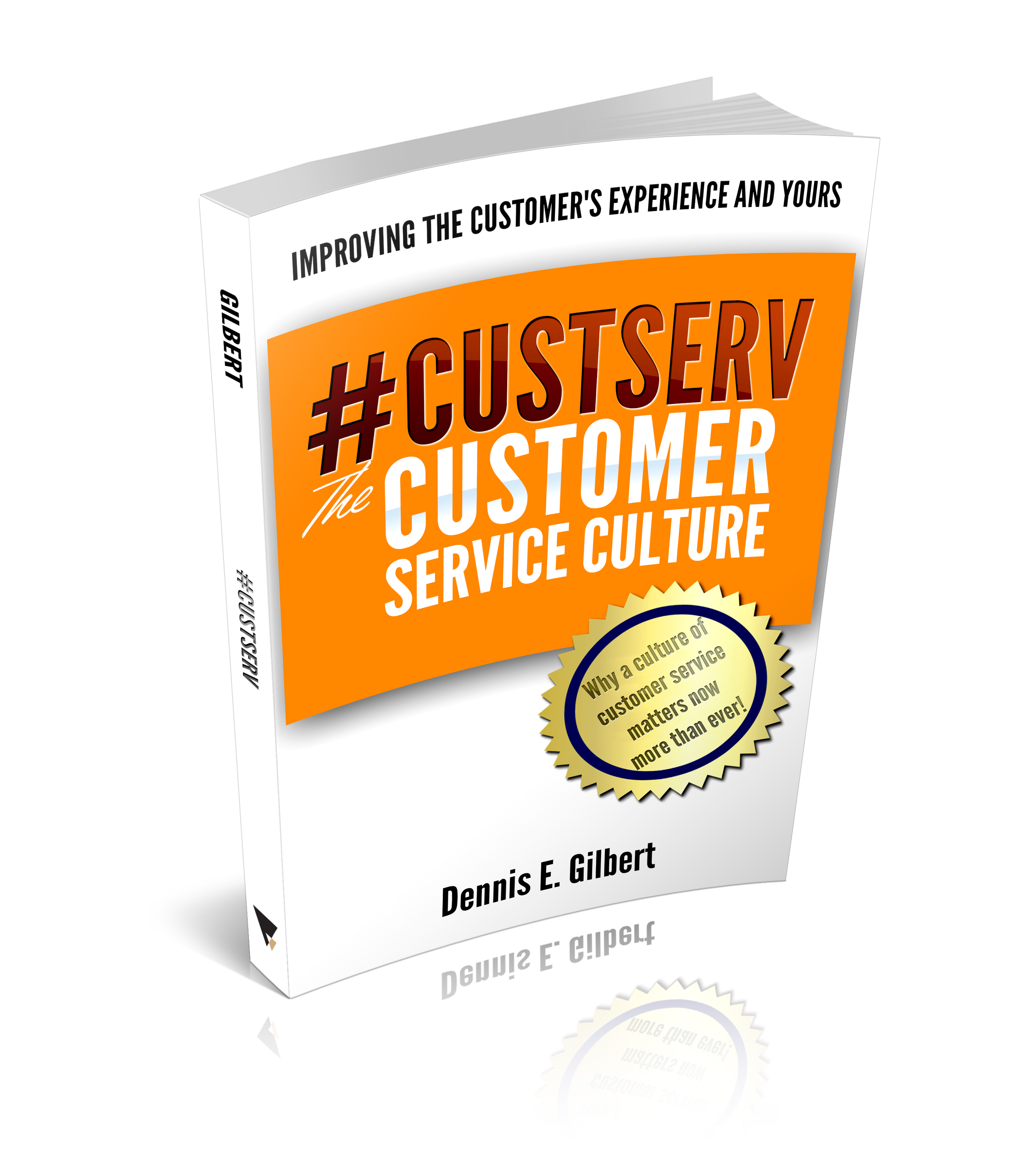
Your Customer Service Network and World of Mouth
Word of mouth has often been connected with sales, marketing, and reputation. Driven by technology today many consider word of mouth to have become world of mouth. Have you considered the impact to your customer service network?
We have a powerful force among us. Everyone who has a computer, a smartphone, and who engages with others using these tools has the potential to influence more people faster than ever before. Sometimes misunderstood, sometimes taken for granted, world of mouth can change everything.
World of Mouth
Like many things responsible for business success, the concept sounds easy and inviting, in practice it takes effort, patience, and persistence.
What is the most powerful force working for or against your business or organization today? It might be world of mouth. Many successful businesses recognize that today a component of what builds their business is media.
Like it, love it, or make a choice to leave it, the network you’re building will have a lot to do with results. The face of retail is changing, the manufacturers are more engaged than ever, and distribution is faster and now more personal. It is all happening very fast, or not.
Customer Service Network
Your customer service network, the people who interact with you, use your products and services, can make a significant difference. They create a culture based on values, beliefs, all of which are built to become a tradition.
In most cases, participation in the network is voluntary. People sign up because they want to. It makes it that much more powerful.
Culture is how we live. It is what a group of likeminded people create. It consists of values and beliefs. Even within the group sometimes, conflict sparks additional innovation to shape and guide the collective culture. How we network and with whom drive all of this. It is a voluntary cultural movement.
Changing Lives
Networking changes lives, shifts opinions, and sells more product and services than perhaps ever before. This benefits the savvy, the tech, and the early adopters.
This network drives nearly every successful endeavor today. It is how things sell and guides what becomes popular.
The service you deliver will spread through the network. It will spark growth, create followers, and build more traditions. Ignored or unmanaged it could leave you with smoldering ashes.
Either way your customer service network is a world of mouth. It is both opportunity and advantage, unless it works against you.
It’s all up to you.
– DEG
Dennis E. Gilbert is a business consultant, speaker (CSPTM), and corporate trainer that specializes in helping businesses and individuals accelerate their leadership, their team, and their success. He is a five-time author and some of his work includes, #CustServ The Customer Service Culture, and Forgotten Respect, Navigating A Multigenerational Workforce. Reach him through his website at Dennis-Gilbert.com or by calling +1 646.546.5553.















